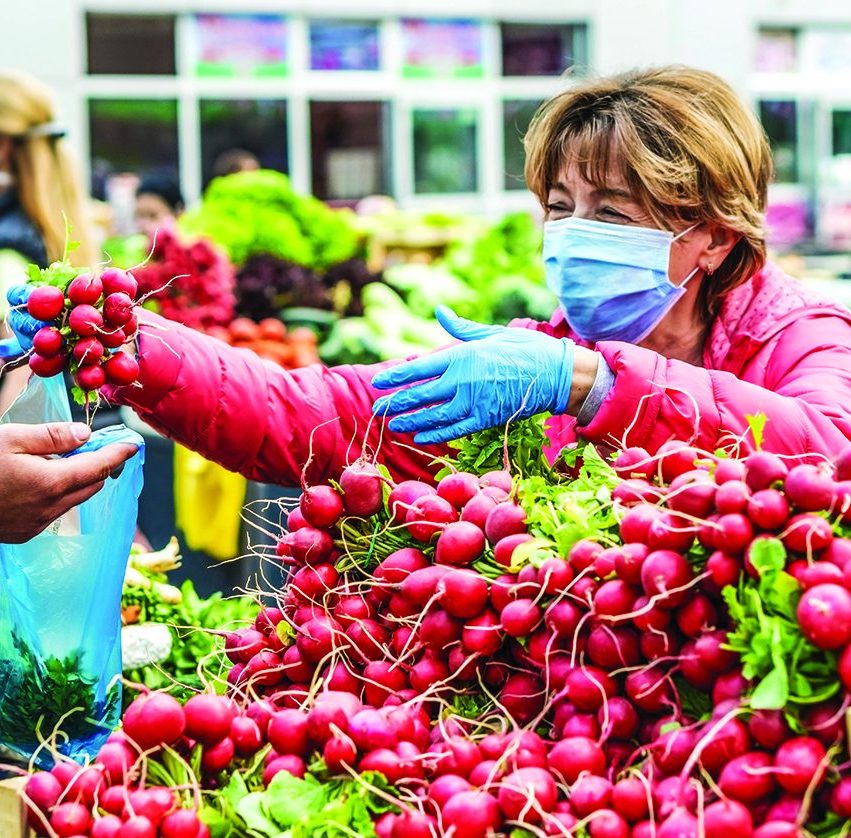The global pandemic that has upended daily life has exacted a toll on many industries. Businesses have been asked to close or temporarily scale back operations, while organizers of recreational gatherings have been tasked with reevaluating the practicality and safety of annual events.
Throughout the United States and Canada, autumn fairs, exhibitions and activities provide revenue for many people. But due to the outbreak of the COVID-19 virus, many of these annual events have been postponed, adversely affecting local agricultural industries as a result. Governments in certain places have responded to the cancellations and offered assistance to local farmers and agricultural industries. For example, the Province of Ontario is providing nearly $1 million to assist organizations that had to cancel fall events due to the coronavirus pandemic. In addition to supporting such efforts, the general public can pitch in to help offset some of the financial losses accrued by local farms.
• Check for virtual events. Some fall fairs or livestock events have been moved to the digital realm. That means competitors who were entering livestock or even home crafts into competitions can still participate. Organizers may ask for videos or photos of entries and then a committee will vote on the winners. This is one way to keep entry fees and even cash prizes moving along.
• Support local farms or orchards. Fall is harvest season in many areas, making this a popular time of year to visit nearby farms and to purchase fruits and vegetables directly from the source. Many farms have implemented safety protocols that align with COVID-19 health recommendations to safely welcome visitors. Things may look a little differently at orchards and farms, but smaller crowds and wearing masks should not compromise the fun of picking your own foods.
• Explore farm-to-table. Private individuals as well as restaurant owners can develop relationships with area agriculture producers to increase the availability of farm-to-table offerings. Restaurants can revamp menus to include a greater share of items sourced from nearby farms. Individuals also can rely on produce stands and farmers’ markets to stock their pantries. Some farms may offer delivery and mail-order as well.
• Offer financial services. Financial advisors can help farmers who are struggling with finances work through their options. Institutions may be able to extend the terms of loan repayments, refinance loans, restructure debt, or get credit extensions. Lower interest rates have created some new opportunities farmers may not be aware of. Financial advisors can help farmers navigate an uncertain financial time.
Farmers and agricultural organizations are facing greater challenges as fall fairs and other events are being canceled. The public can support agriculture in different ways to offset the financial losses stemming from the pandemic.




